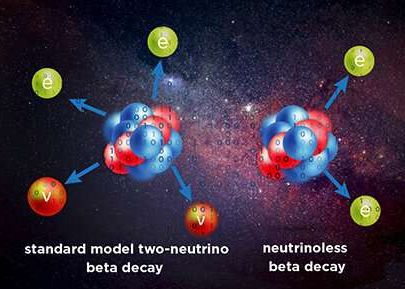Wiring a New Path to Scalable Quantum Computing
Last year, Google produced a 53-qubit quantum computer that could perform a specific calculation significantly faster than the world’s fastest supercomputer. Like most of today’s largest quantum computers, this system boasts tens of qubits—the quantum counterparts to bits, which encode information in conventional computers.
To make larger and more useful systems, most of today’s prototypes will have to overcome the challenges of stability and scalability. The latter will require increasing the density of signaling and wiring, which is hard to do without degrading the system’s stability. I believe a new circuit-wiring scheme developed over the last three years by RIKEN’s Superconducting Quantum Electronics Research Team, in collaboration with other institutes, opens the door to scaling up to 100 or more qubits within the next decade. Here, I discuss how.








